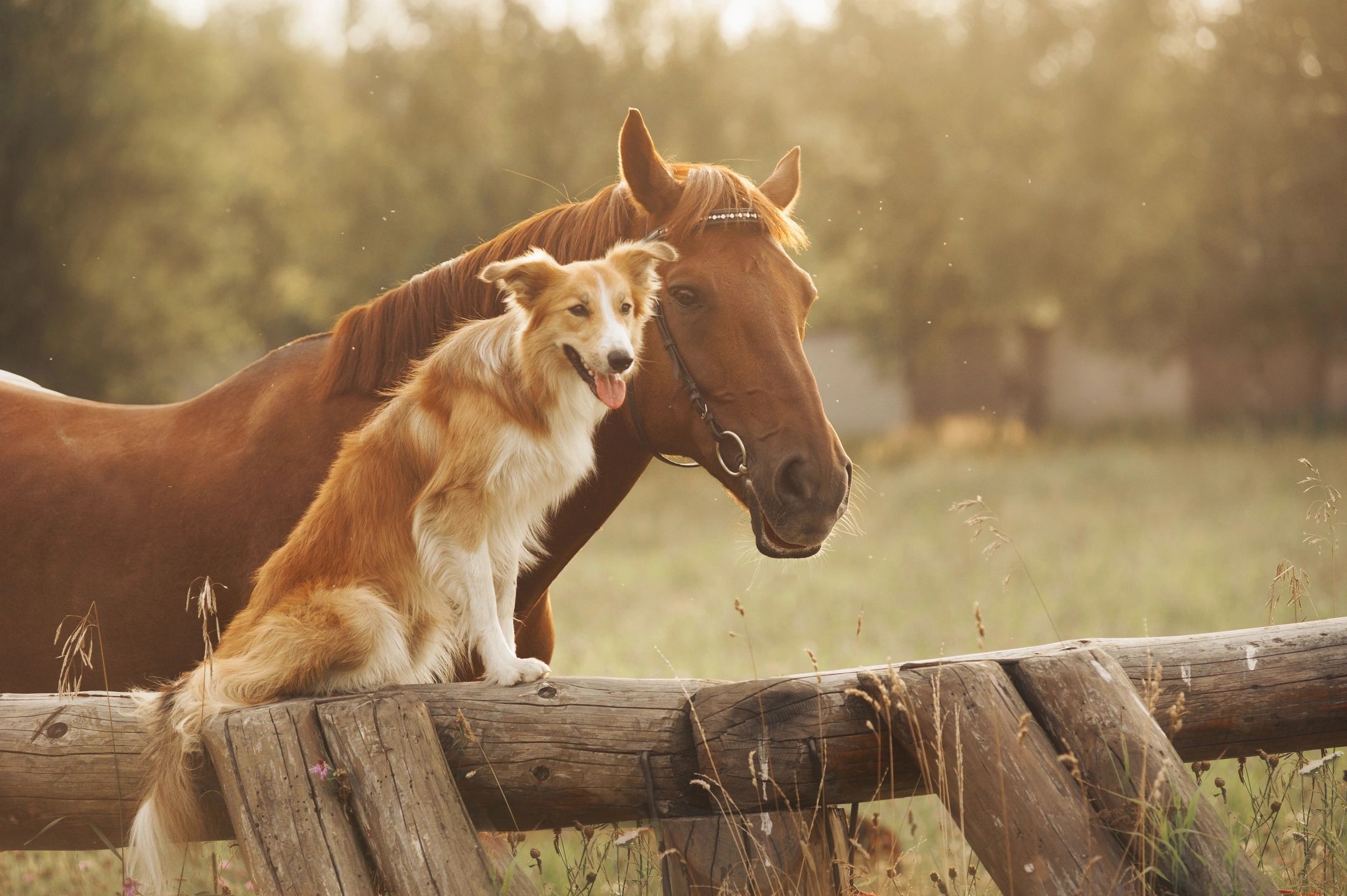In life, there are wolves, sheep, and sheepdogs—a simple analogy that carries profound truths about the roles individuals play in society. Wolves represent aggressors, those who prey on the weak. Sheep symbolize the vulnerable and valuable members of society, who depend on protection. Sheepdogs, however, stand apart. Though they possess the same strength and instincts as wolves, they choose to use their power to defend, protect, and serve.
The Sheepdog’s Moral Choice
What sets the sheepdog apart is their conscious decision to reject the destructive tendencies of the wolf. They have the capacity for aggression but temper it with discipline and a deep sense of purpose. This conversion is not just a rejection of the wolf’s nature but an embrace of a higher calling: to value and defend the sheep at all costs.
This choice is what makes the sheepdog the most righteous of the three. Unlike sheep, who are peaceful by nature, and wolves, who act on instinct, the sheepdog demonstrates moral strength by harnessing power for good. It takes courage and restraint to possess the capability for harm and yet choose to wield it only in defense of others.
The Sheepdog’s Unpopular Methods
For the sheep, observing the actions of a sheepdog can be unsettling. Their growls, swift movements, and fierce tactics resemble the very wolves they are fighting against. Sheep are neither equipped nor inclined to understand the necessity of such behavior. Their nature is gentle and unaccustomed to aggression, so they may even criticize the sheepdog for acting in ways that seem harsh or brutal.
Yet, the sheepdog’s approach is what makes them effective. To fight a wolf, the sheepdog must adopt similar methods of engagement—using strength, strategy, and sometimes violence to neutralize the threat. This is not cruelty but a sacrificial duty. The scars and wounds borne by the sheepdog after every battle are a testament to their commitment to the flock’s safety.
Gratitude for the Sheepdog’s Sacrifice
While it may be easy for the sheep to misunderstand or question the sheepdog’s actions, they should instead recognize the price paid on their behalf. It is the sheepdog who stands in the gap, enduring the danger and chaos of the fight, so the sheep can continue their peaceful existence. Gratitude, not criticism, is the appropriate response to such selfless service.
A Call to Appreciate Protectors
This analogy serves as a broader lesson in society. There will always be those who harm, those who are vulnerable, and those who protect. The protectors—whether they are first responders, defenders of justice, or moral advocates—often operate in ways that are difficult to watch. Their methods may not always align with societal expectations of gentleness, but their intent is pure, and their sacrifices are real.
As a society, we must resist the urge to judge our defenders by their tactics and instead focus on their heart and purpose. It is not the sheepdog’s resemblance to the wolf that matters, but their willingness to fight for what is right. Only by recognizing and appreciating their role can we truly honor the sacrifices they make on behalf of others.


